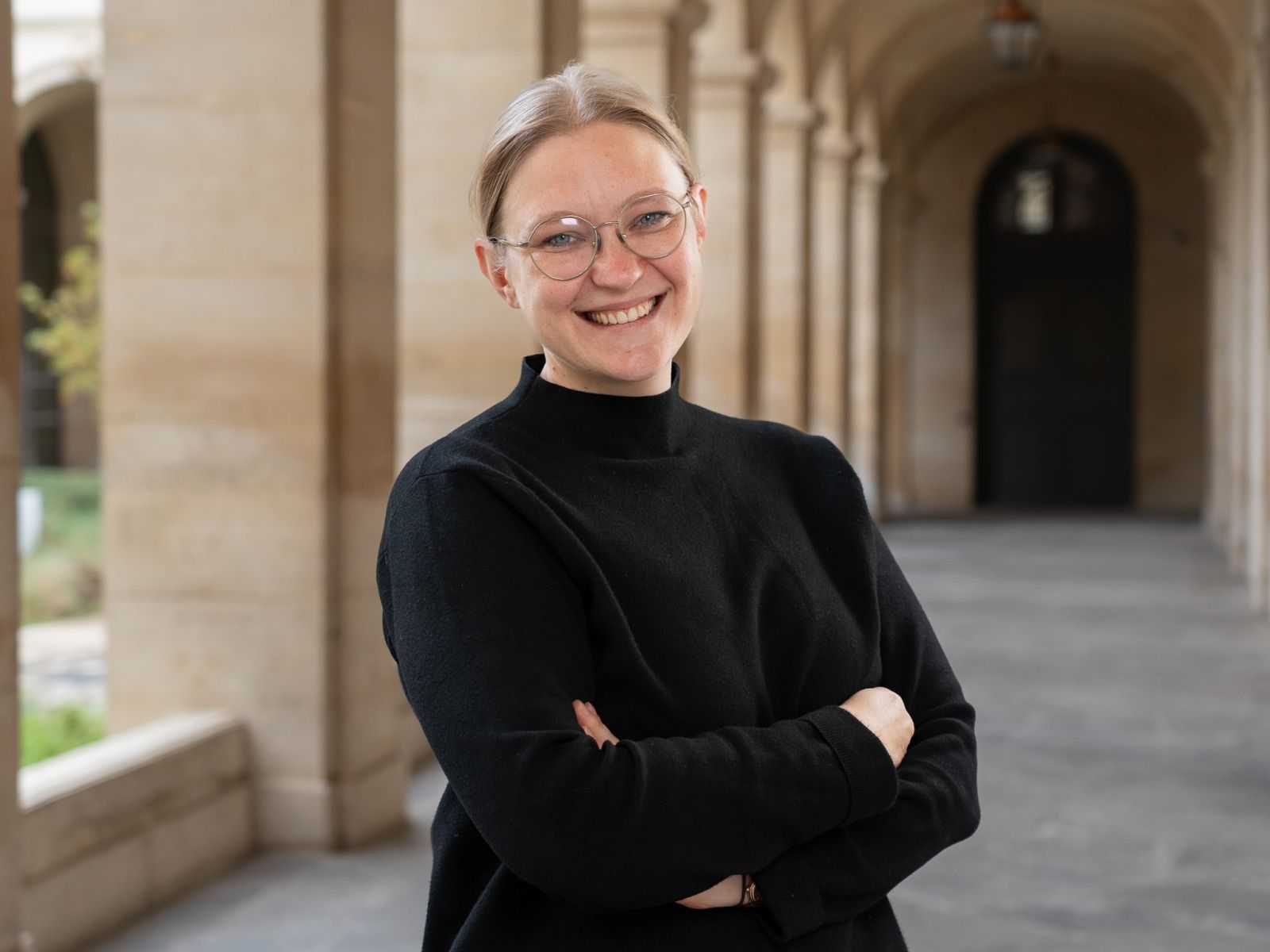Home>Paula Hoffmeyer-Zlotnik

Paula Hoffmeyer-Zlotnik
Assistant Professor
Centre for European Studies and Comparative Politics (CEE)
Research Group(s): Cities, Borders and Mobility
Biography
Paula Hoffmeyer-Zlotnik research focusses on the politics of immigration in Europe and the European Union. Her work investigates how political dynamics shape—and often fail to shape—policy outcomes in the field of immigration. She is particularly interested in identifying which forms of immigration remain less politicised and examining how political actors strategically deploy narratives and discourse to influence the politicisation process.
In her work on the European Union, her work focusses especially on the role of the European Commission in policy-making. Methodologically, Paula combines quantitative and qualitative approaches, including computational political science, survey experiments, process tracing, and in-depth interviews.
Paula earned her PhD from the University of Geneva in 2023. Prior to joining the Centre for European and International Studies (CEE), she was a Postdoctoral Researcher at the Department of Political Science at the University of Cologne. She has held visiting positions at the European University Institute, the Max Planck Institute for the Study of Societies, and the Vrije Universiteit Brussels. Before joining academia, she worked as a Research and Policy Officer for the European Migration Network and completed a Bluebook traineeship at the European Commission.
Teaching
At the CEE, Paula Hoffmeyer-Zlotnik is currently teaching the Comparative Politics Lecture at the Nancy Campus.
Before joining the CEE, Paula has taught a range of BA and MA courses on European politics, Comparative Politics, migration policy, and International Cooperation at the Universities of Cologne, Geneva, and Munich. Her teaching experience includes lectures, seminars, and coordination of tutorials, as well as organizing a field trip to Brussels. She has supervised over 30 undergraduate and graduate theses.
Her prior teaching activities include the following classes:
- 2024/25; 2022/23: Comparing European Democracies (MA Lecture, University of Cologne)
- 2024/25: Institutional Reform of the European Union (MA Seminar, University of Cologne)
- 2024: Policy-Making in the European Union (MA seminar with field trip to Brussels, University of Cologne)
- 2023: Migration Policies and Politics in Europe (BA seminar, University of Cologne)
- 2022: International Cooperation (Coopération Internationale; BA class, University of Geneva (Tutor))
- 2020 : International Migration Governance (Gouvernance internationale des migrations ; BA seminar, University of Geneva)
- 2018/19; 2017/18: Asylum and Return Policy (Asyl- und Rückkehrpolitik; BA seminar, Ludwig-Maximilians University of Munich)
publications
Lavenex, Sandra, Paula Hoffmeyer-Zlotnik, Mariana Alvarado, and Philipp Lutz. “Attracting Migrants through the Backdoor: Business Migration in Switzerland.” Migration Studies 13, no. 3 (2025): mnaf028. https://doi.org/10.1093/migration/mnaf028.
Hoffmeyer-Zlotnik, Paula. “The Quiet Politics of Migration Supranationalization – Commission Entrepreneurship and the Intra-Corporate Transferee Directive.” Journal of European Integration 46, no. 3 (2024): 365–86. https://doi.org/10.1080/07036337.2023.2295374.
Hoffmeyer-Zlotnik, Paula, Sandra Lavenex, and Philipp Lutz. “The Limits of EU Market Power in Migration Externalization: Explaining Migration Control Provisions in EU Preferential Trade Agreements.” JCMS: Journal of Common Market Studies 62, no. 5 (2024): 1351–78. https://doi.org/10.1111/jcms.13563.
Hoffmeyer-Zlotnik, Paula. “Perspectives of Flow and Place: Rethinking Notions of Migration and Mobility in Policy-Making.” Journal of Ethnic and Migration Studies 50, no. 6 (2024): 1299–316. https://doi.org/10.1080/1369183X.2023.2278400.
Lavenex, Sandra, Philipp Lutz, and Paula Hoffmeyer-Zlotnik. “Migration Governance through Trade Agreements: Insights from the MITA Dataset.” The Review of International Organizations 19, no. 1 (2024): 147–73. https://doi.org/10.1007/s11558-023-09493-5.
